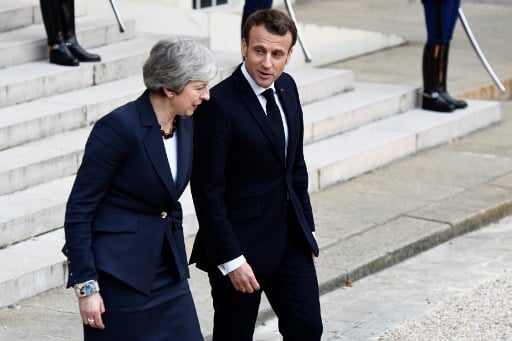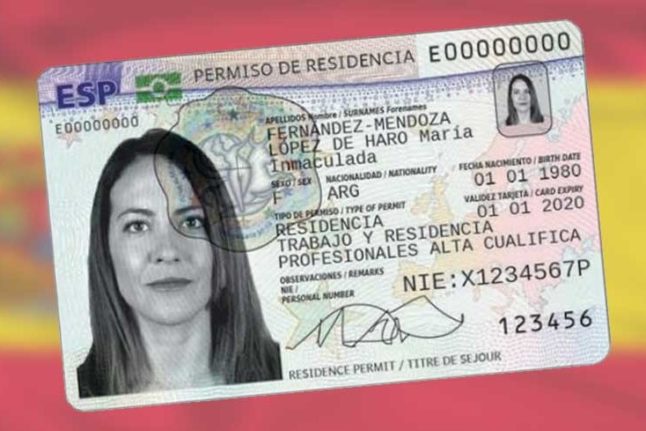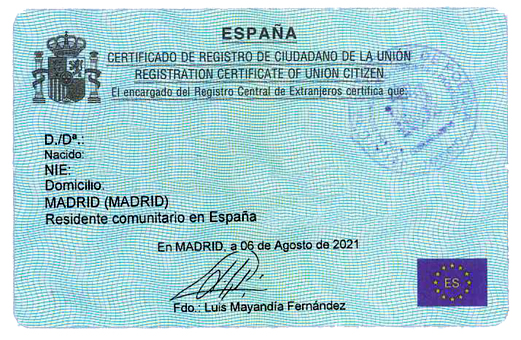British Prime Minister Theresa May toured Paris and Berlin on Tuesday to plead for an extension to the deadline for Brexit, which looked increasingly likely to be approved by EU leaders at a crunch meeting in Brussels.
May has asked for a second extension to the deadline for Britain's exit from the European Union from April 12th to June 30th, which is set to be discussed by her EU partners on Wednesday.
READ ALSO French government's decree for no-deal Brexit: What it means for you

Theresa May also visited Angela Merkel in Berlin on Tuesday. Photo: AFP
After flying to Berlin to meet German Chancellor Angela Merkel, May visited French President Emmanuel Macron in Paris who is seen as a hardliner in the negotiations and a key voice at the EU negotiating table.
Having raised doubts about whether an extension would be granted last week, meaning that Britain could crash out of the bloc without a deal, an aide to the French president underlined on Tuesday that France was open to solutions.
“We've never been closed to the idea of finding an alternative solution to 'no deal' within certain limits and not at any price,” the aide said on condition of anonymity.
Discussions in Brussels are set to focus on conditions such as length – the French aide said a 12-month extension “seems too long” – and arrangements to limit Britain's influence within the EU during this time.
“There would be a transition period for the United Kingdom as an intermediary member, which is present and applying the rules, but not taking part in decision making,” the aide said.
“There would need to be clear commitments and then a mechanism for monitoring them,” they added.
EU members are keen to ensure Britain does not have a say on issues such as the next head of the European Commission, which will be decided shortly, or the next five-year budget for the EU.
May is hoping the extra time, if granted by EU leaders, will enable her to finally get a divorce deal through parliament.
British MPs have rejected a deal May negotiated with the EU three times, but the PM is now in talks with the opposition Labour party to try break the deadlock.
These discussions are moving slowly, and EU negotiator Michel Barnier said May must explain in Brussels what another postponement would achieve.
“The length of the extension must be linked to the purpose – what it's for – and that depends on what Mrs May will say to European leaders tomorrow,” he told reporters after a meeting of EU ministers in Luxembourg.
A “no deal” – in which Britain crashes out of the EU – is still a possibility, but expectations of an extension helped lift the value of the pound on financial markets on Tuesday.
“There will be a real discussion. Things have not been written in advance,” the French aide said of the leaders' summit in Brussels, adding that a “no deal” could not be ruled out.
The International Monetary Fund said Tuesday that Britain risks a serious shock if it leaves the EU without an agreement.




 Please whitelist us to continue reading.
Please whitelist us to continue reading.
Member comments